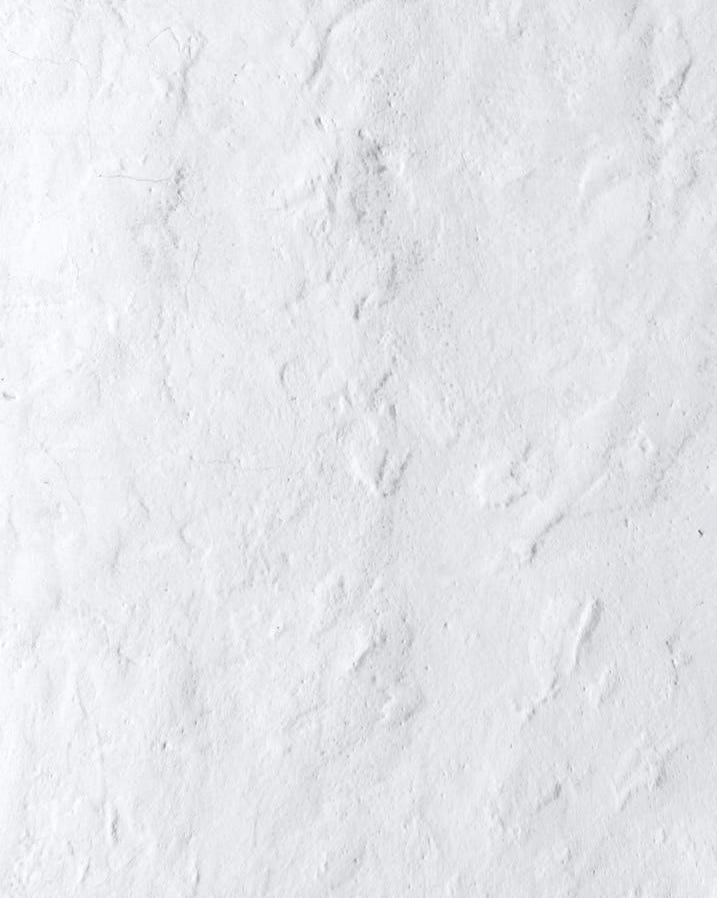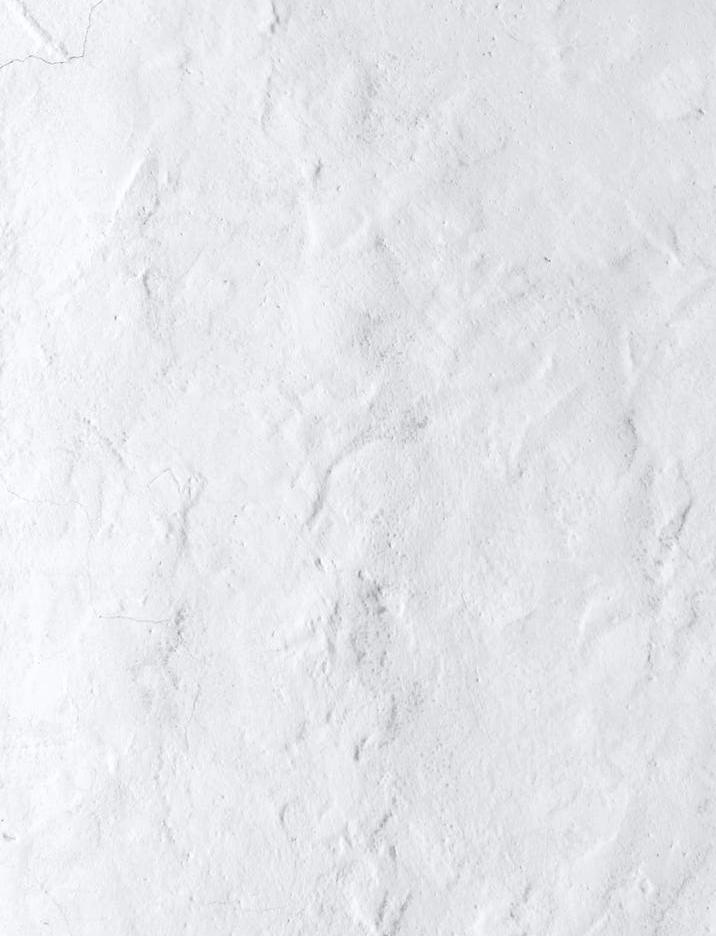
4 minute read
Topic Sentences, Summary, and Analysis
Linked by Theme This type of Academic Statement emphasizes you as the main character of your education. What themes link your experience together and why are the connections you have made meaningful? Your statement might begin with an anecdote or a revelation you had about yourself or about your education and explore several moments and the journey that each of those moments took you on. You could focus on a theme that links these experiences together.
In this style, there is an introduction describing a theme of your education. Each paragraph contains a summary of an experience and describes how those themes are linked. Your skills and abilities come up, interwoven throughout the piece. By the conclusion, you have shown your reader how the theme unites your experiences at Evergreen and what that theme means to you.
Topic Sentences, Summary, and Analysis
Each paragraph in an Academic Statement generally has a summary portion, in which the student lists the summary of what happened in the program they are talking about, followed by a sentence or two of analysis describing what that meant for them.
SUMMARY: What happened (normal)
ANALYSIS: Why it mattered (bolded)
TOPIC SENTENCE: What this paragraph is about (italicized).
As you’ll see in the following examples, you can spread this analysis throughout a paragraph, leave it until the end of the paragraph, or include it in your topic sentence. Topic sentences are traditionally the first sentence in a paragraph but sometimes they go in the middle or at the end to act as transitions between paragraphs.
When you read these examples, ask yourself: What would you do differently? How do you want to organize the sentences and paragraphs in your Academic Statement?
Note: The example Academic Statements featured in this section have been submitted anonymously and names have been changed.
At Evergreen, the vast array of interdisciplinary programs gave me a strong and diverse base of skills and knowledge that I will be able to use in nearly any career that I choose to pursue. Since transferring, I have taken eight separate courses at Evergreen, focusing on history, culture, and human connection. Each one built upon the last in elevating my cultural and political knowledge, as well as improving my self discipline and communication skills. Each of these courses utilized seminars as key elements of their curriculum. Weekly, and in some cases, daily seminars allowed students like myself to engage with diverse people and ideas in a healthy and fruitful manner. Often, students would be called upon to lead seminars, and through these exercises I gained a better grasp on both leading and listening to others. Group activities and other projects provided opportunities to improve my skills in collaboration.
—Clark Rodriguez
In Scientific and Artistic Inquiry, I worked with colleagues off campus at a local stream to study the interactions between aquatic invertebrates and decomposing salmon. While the culmination of this research resulted in a presentation and display of illustrative prints that identified major organisms found, we frequently found the need to apply our lessons outside of the classroom. We often had members of the community approach us to inquire about our work. We were able to share the tangible implications that detrimental interactions on this stream would have to the aquatic ecology. We worked together to translate and communicate the research in a way that was accessible to a larger audience.
—Mandy Garrison

In my first Evergreen academic program, we looked at modernism as a philosophy and movement, its impact on art and literature, and the way we think about intersections between the two. In this space, I read Gertrude Stein’s Tender Buttons, while learning about the Salons held in her Paris home. Through the lens of a radical reinterpretation of the ordinary, and through the study of artistic manifestos, I wrote a paper about my theory that Tender Buttons itself is a manifesto on gender roles. The reading and writing demands of It’s About Time provided me with a strong foundation on which I have built my Evergreen education.

—Roger Walls
During this quarter, I also spent a significant amount of time preparing for a summer undergraduate research fellowship (SURF), including receiving Evergreen certification to operate the inductively coupled plasma mass Spectrometer (ICPMS) in order to get accepted for this competitive opportunity studying phosphorus cycling in Mt. St. Helens forest soils. Through this research, I began learning chemistry, lab techniques, instrumentation, trouble-shooting, and an incredible amount of patience for myself. I presented to the Evergreen Foundation, which makes funding for the SURF possible, and participated in a poster session, for which my research partner and I presented our findings and made recommendations for future work. Following this project, I realized that I needed to develop my background in science further.

—Sarah Lester










